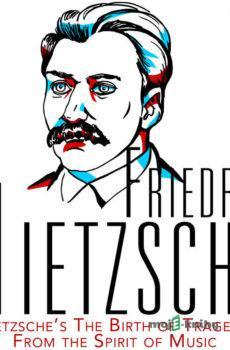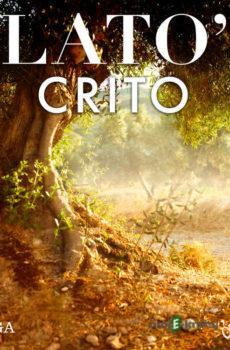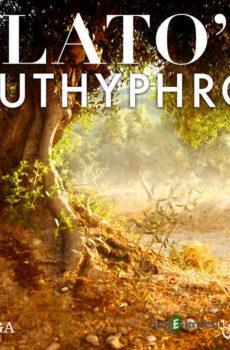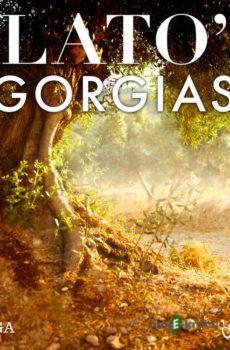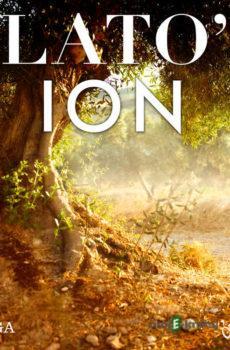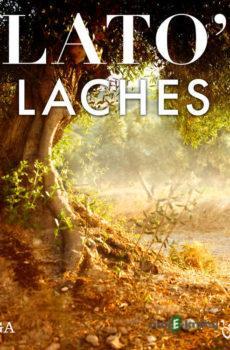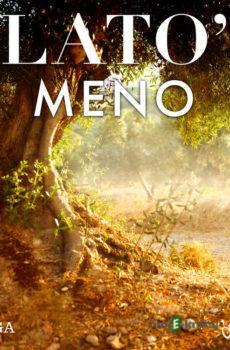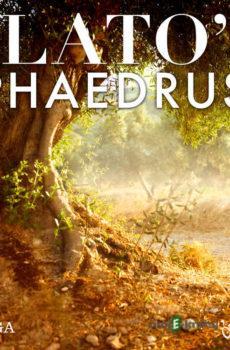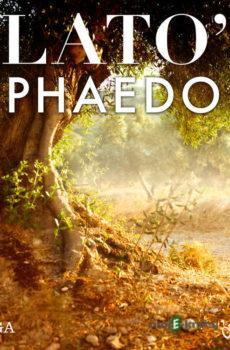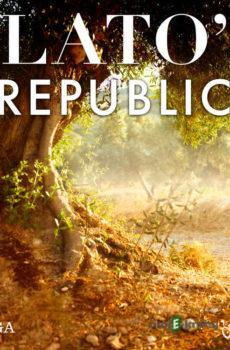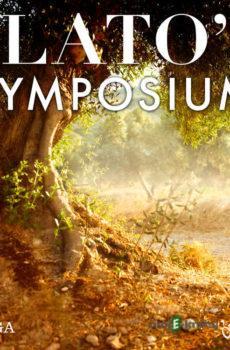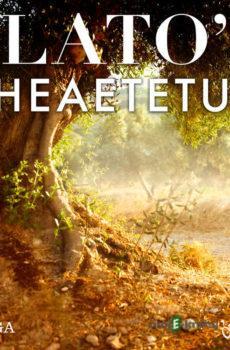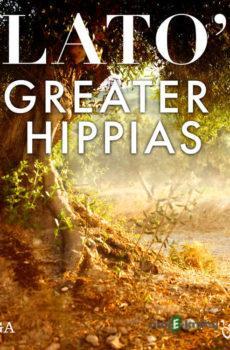William Sigalis
-
Friedrich Nietzsche
Filozofia
Nietzsche’s The Birth of Tragedy: From the Spirit of Music (EN)
Friedrich Nietzsche: “The Birth of Tragedy” stands alongside Aristotle’s “Poetics” as essential works for all who seek to understand poetry and its relationship to human life. In this, his first book, Nietzsche developed a way of thinking about the arts that unites the Gre
-
– Plato
Filozofia
Plato’s Crito (EN)
– Plato: After Socrates is sentenced to death by the Athenian court, his friend Crito comes to the prison to help him escape and go to another country. Socrates responds by saying that he would accept Crito’s offer only if he can be convinced that it is right a
-
– Plato
Filozofia
Plato’s Euthyphro (EN)
– Plato: In Euthyphro, Socrates is on his way to the court where he must defend himself against serious charges brought by religious and political authorities. On the way, he meets Euthyphro, an expert on religious matters, who has come to prosecute his own fathe
-
– Plato
Filozofia
Plato’s Gorgias (EN)
– Plato: Gorgias of Leontini, a famous teacher of rhetoric, has come to Athens to recruit students, promising to teach them how to become leaders in politics and business. A group has gathered at Callicles’ house to hear Gorgias demonstrate the power of his art.
-
– Plato
Filozofia
Plato’s Ion (EN)
– Plato: Socrates questions Ion, an actor who just won a major prize, about his ability to interpret the epic poetry of Homer. How does an actor, a poet, or any other artist create? Is it by knowing? Is it by inspiration? As the dialogue proceeds, the nature of h
-
– Plato
Filozofia
Plato’s Laches (EN)
– Plato: Laches, a general in the Athenian army, saw Socrates fight bravely in the battle of Delium. When he and Nicias, another general, are asked to explain the idea of courage, they are at a loss and words fail them. How does courage differ from thoughtless a
-
– Plato
Filozofia
Plato’s Meno (EN)
– Plato: A dialogue between Socrates and Meno probes the subject of ethics. Can goodness be taught? If it can, then we should be able to find teachers capable of instructing others about what is good and bad, right and wrong, or just and unjust. Socrates and Men
-
– Plato
Filozofia
Plato’s Phaedrus (EN)
– Plato: Plato’s dialogues frequently cover several topics and show their connection to each other. The “Phaedrus” is a model of that skill because of its seamless progression from examples of speeches about the nature of love to mythical visions of human natur
-
– Plato
Filozofia
Plato’s Phaedo (EN)
– Plato: Socrates is in prison, sentenced to die when the sun sets. In this final conversation, he asks what will become of him once he drinks the poison prescribed for his execution. Socrates and his friends examine several arguments designed to prove that the
-
– Plato
Filozofia
Plato’s Republic (EN)
– Plato: The “Republic” poses questions that endure: What is justice? What form of community fosters the best possible life for human beings? What is the nature and destiny of the soul? What form of education provides the best leaders for a good republic? What are
-
– Plato
Filozofia
Plato’s Symposium (EN)
– Plato: The dramatic nature of Plato’s dialogues is delightfully evident in the “Symposium. ” The marriage between character and thought bursts forth as the guests gather at Agathon’s house to celebrate the success of his first tragedy. With wit and insight,
-
– Plato
Filozofia
Plato’s Theaetetus (EN)
– Plato: Perception, memory, truth, and knowledge all play major roles in this dialogue. What is remarkable about Plato’s treatment of those ideas is how contemporary are both the questions and the answers he puts in the mouths of his characters. Socrates is a
-
– Plato
Filozofia
Plato’s Greater Hippias (EN)
– Plato: Hippias of Elis travels throughout the Greek world practicing and teaching the art of making beautiful speeches. On a rare visit to Athens, he meets Socrates who questions him about the nature of his art. Socrates is especially curious about how Hippias
